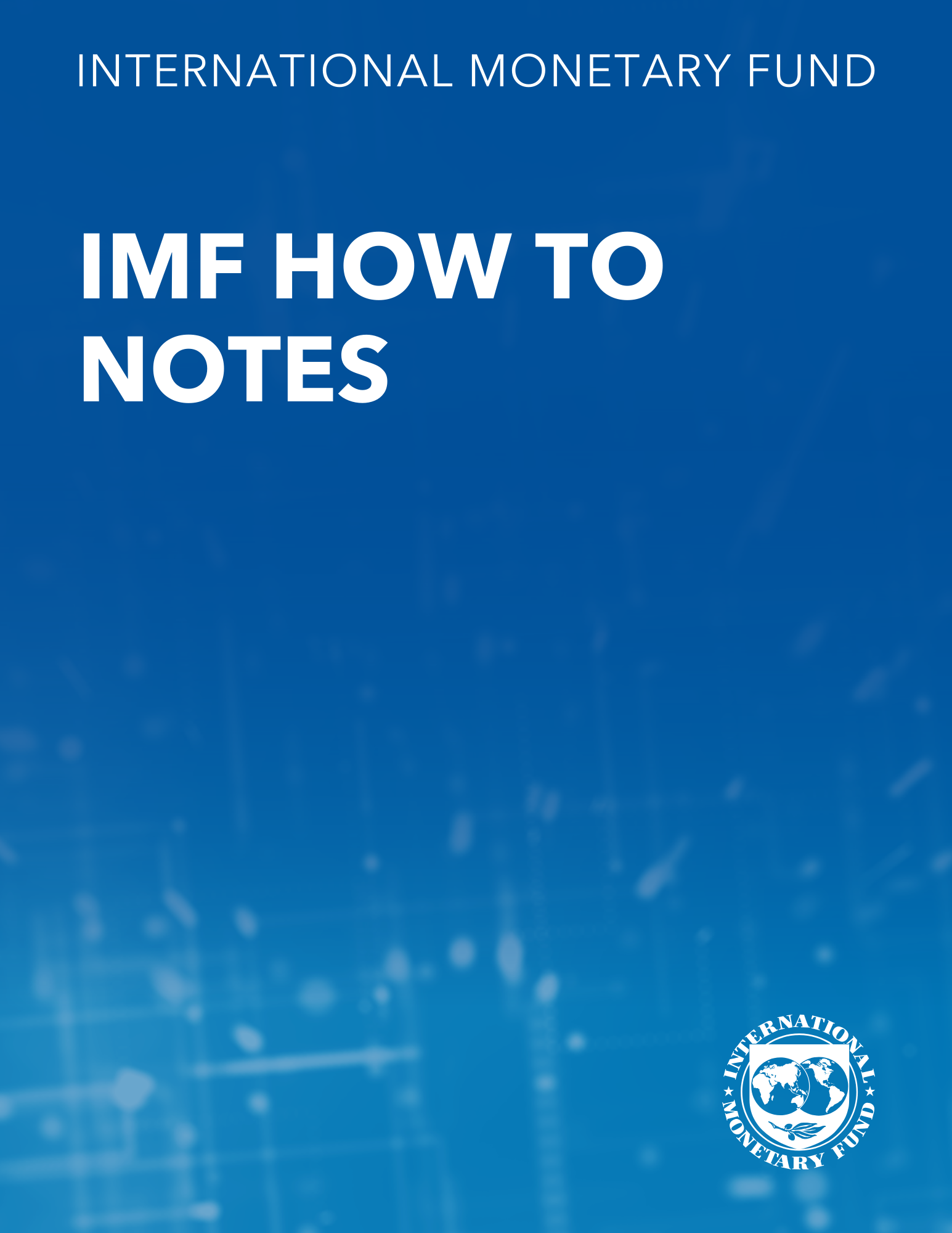Germany: Selected Issues
July 10, 2019
Summary
This Selected Issues paper explores wealth inequality and private savings in Germany. Trends in increasing corporate profits and gross savings have widened top income inequality, as corporations are typically owned by households in the top of the wealth distribution. The impact on income inequality is more pronounced in countries where the rise in profitability was a result of lower wage growth and labor income shares to start with, as was the case in Germany. The evidence strongly suggests this is not the case and underscores the important role of German business wealth concentration in this context. As high corporate savings and underlying profits largely reflect capital income accruing to wealthy households and increasingly retained in closely-held firms, the build-up of external imbalance has been accompanied by widening top income inequality, rising private savings and compressed consumption rates. The concentration of privately held and publicly listed firm ownership in the hands of industrial dynasties and institutional investors is especially prevalent in Germany, possibly reflecting distortions in firm entry, financing conditions and tax incentives.
Subject: Corporate income tax, Income, Income distribution, Income inequality, National accounts, Private savings, Taxes
Keywords: accelerated depreciation, Corporate income tax, CR, Eastern Europe, Europe, Global, Income, Income distribution, Income inequality, inequality loop, ISCR, labor tax wedge, net, Private savings, saving rate, social security contribution rate, wealth inequality
Pages:
49
Volume:
2019
DOI:
Issue:
214
Series:
Country Report No. 2019/214
Stock No:
1DEUEA2019002
ISBN:
9781498324632
ISSN:
1934-7685






